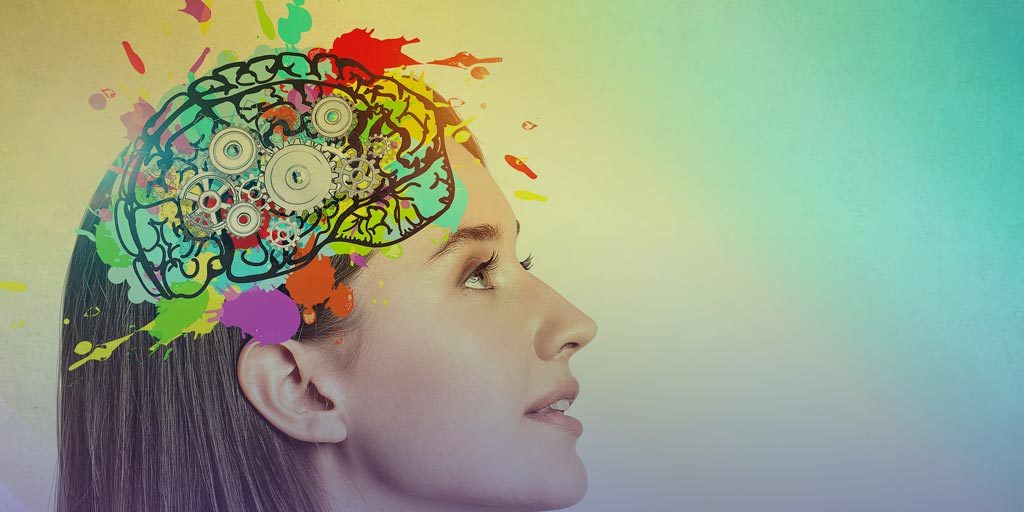Let’s Talk: Critical Thinking – an effective tool for any profession or task

Critical Thinking forces you to analyze things objectively, filtering your biases, and allowing you to see things from difference perspectives. Whether you’re trying to brainstorm a new idea, creatively solve an existing problem, or analyze how and why something went wrong, critical thinking can lead you to better resolutions.
How is Critical Thinking defined?
It is the ability to think clearly and rationally, understanding the logical connection between ideas. There are multiple skills associated with the term, five of which I tend to focus on with my clients.
- Observation – the ability to notice and predict opportunities, problems and solutions.
- Analysis – the gathering, understanding and interpreting of data and other information.
- Inference – drawing conclusions based on relevant data, information and personal knowledge and experience.
- Communication – Sharing and receiving information with others verbally, non-verbally and in writing.
- Problem Solving – the process of gathering, analyzing and communicating information to identify and troubleshoot solutions.
From the world of Emotional Intelligence (EI), we add self-regulation and open-mindedness. EI plays a large role in Critical Thinking.
Here’s a great link to a short video that is fun and makes a point:
Being objective is a fundamental part of critical thinking.
This means not allowing personal bias, emotions, or assumptions to influence how you think. A strong critical thinker will only analyze a problem based on the context and facts. You can improve your skills by taking on new experiences. Doing this can help you build the skills to interpret new information and make rational decisions.
Building strong communication skills is key here to ensure clarity and focus when discussing issues and their possible solutions with colleagues and other stakeholders. Improve your communication skills within the context of critical thinking by engaging in difficult discussions, for example, in situations when you and another colleague may disagree. Maintain good communication habits such as active listening and respect to understand other points of view and to be able to explain your ideas in a calm, rational manner.
The good thing about Critical Thinking is that it can be learned! Building strong Critical Thinking skills leads to better decision making and more creativity.
